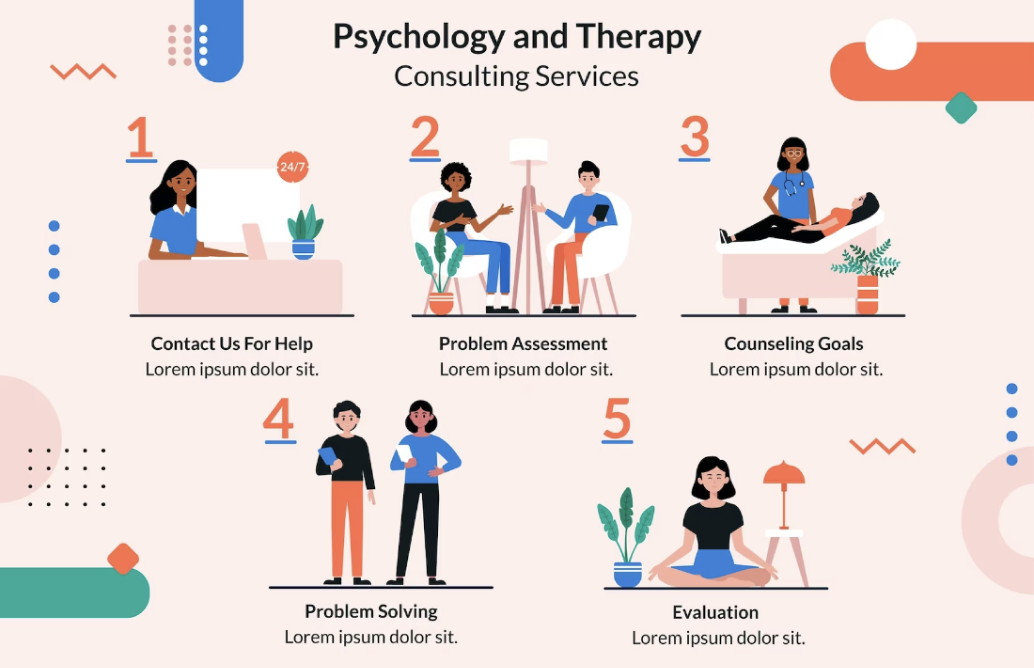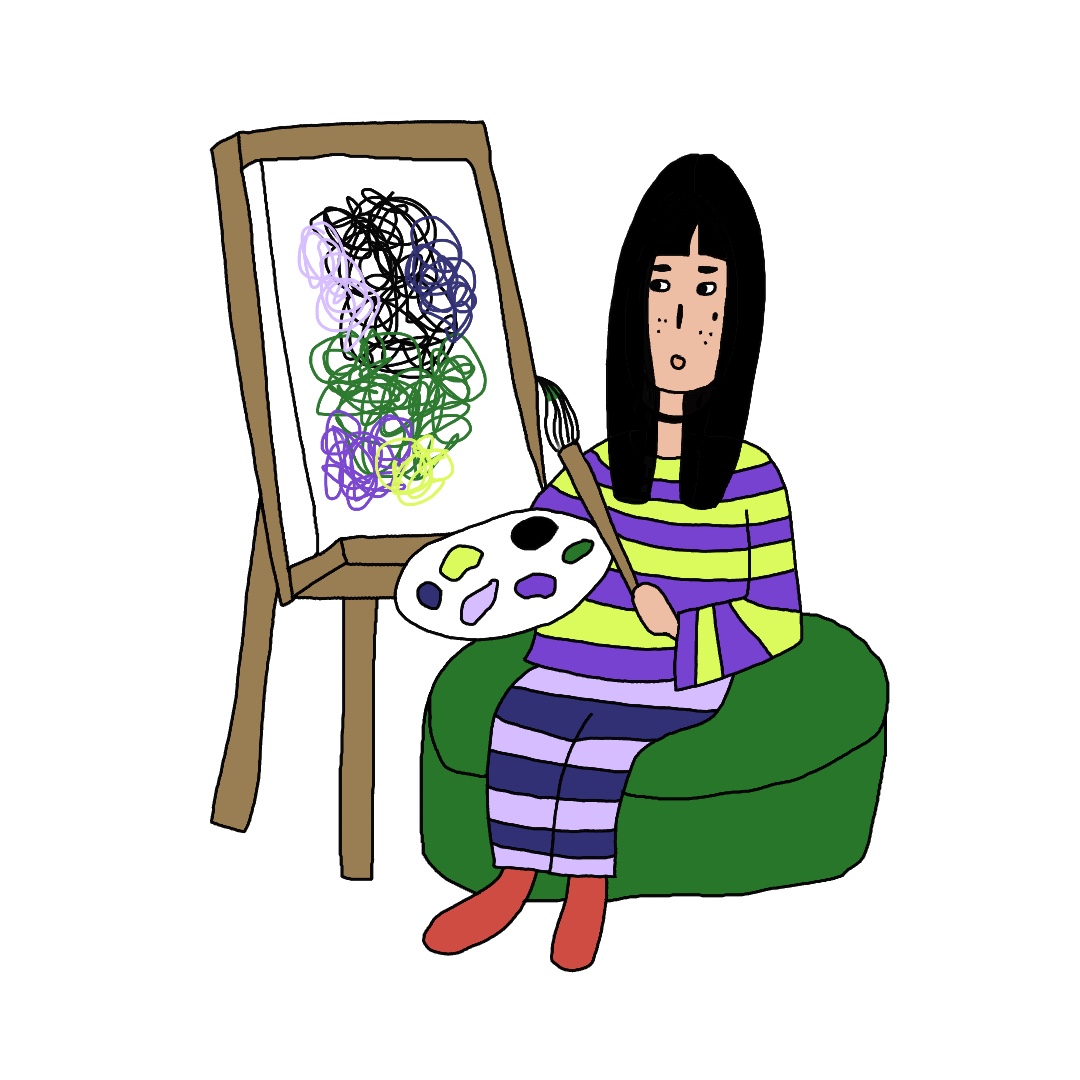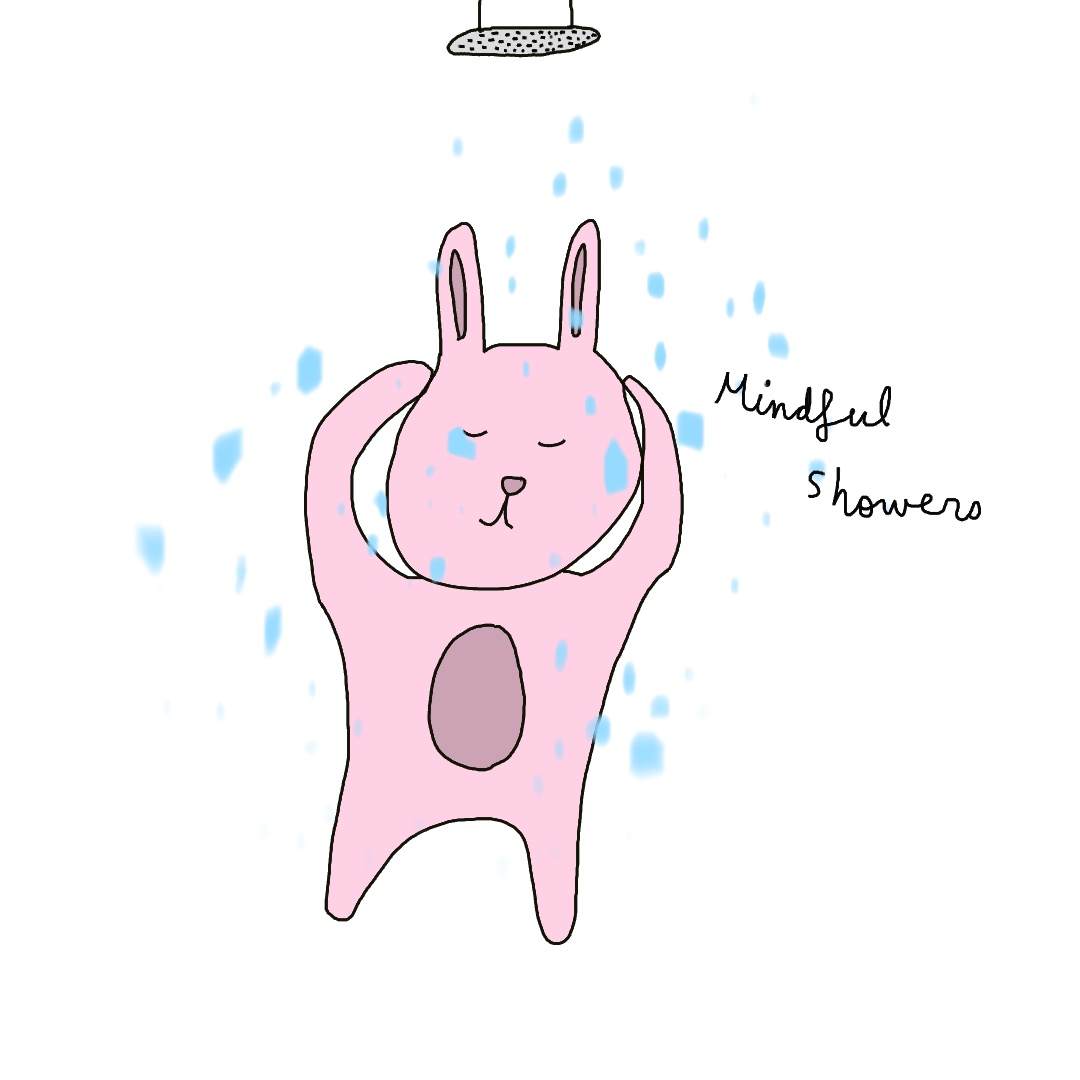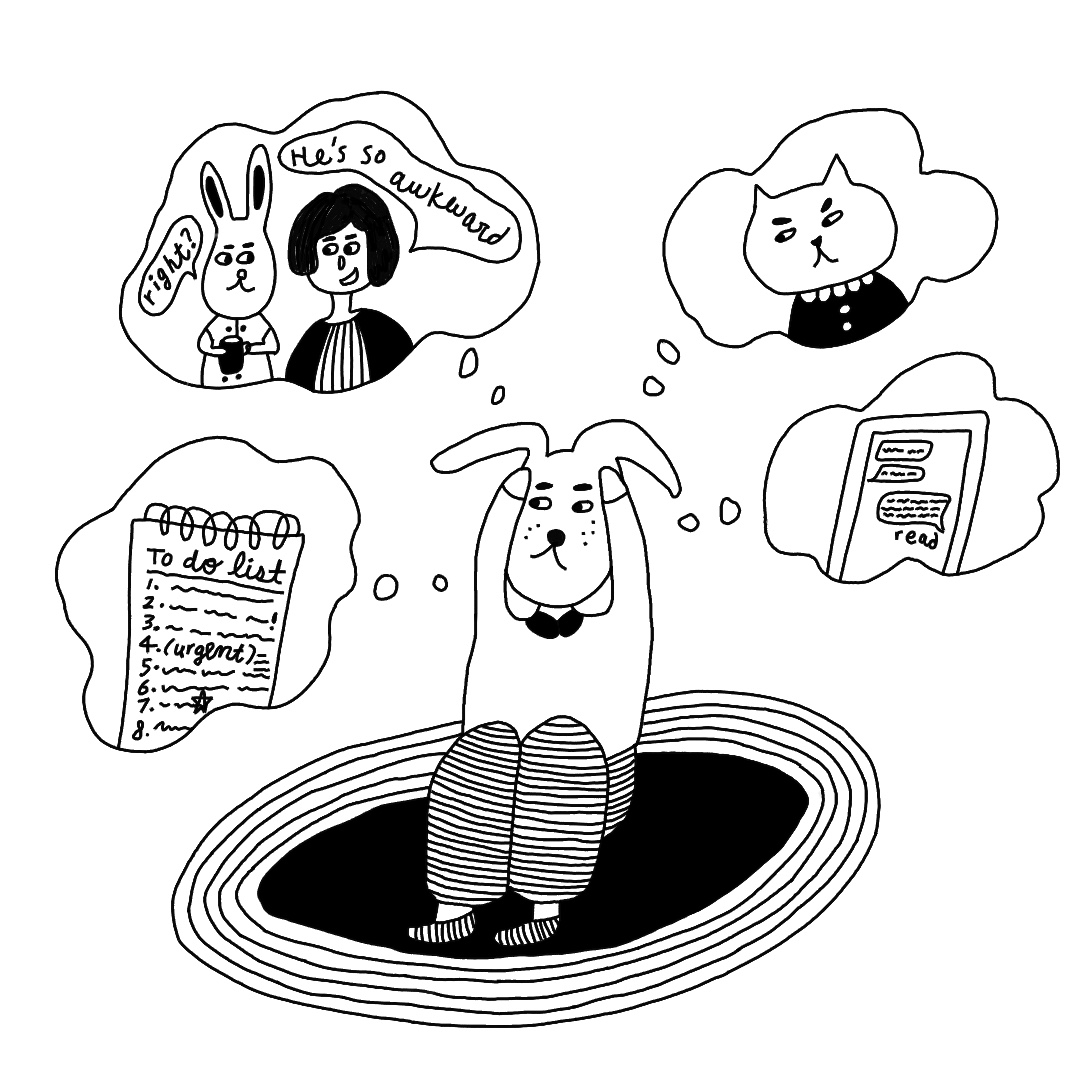Graduate Internships
We are currently taking applications for the 23-’24 school year. Please email info@kiptherapy.com with a cover letter and resume to apply. We partner with Columbia University, Hunter College, Fordham University, New York University, Smith College, City College, Northwestern University and other leading institutions to provide hands-on clinical experience and supervision.
(Please contact your school’s placement office for more information.)





